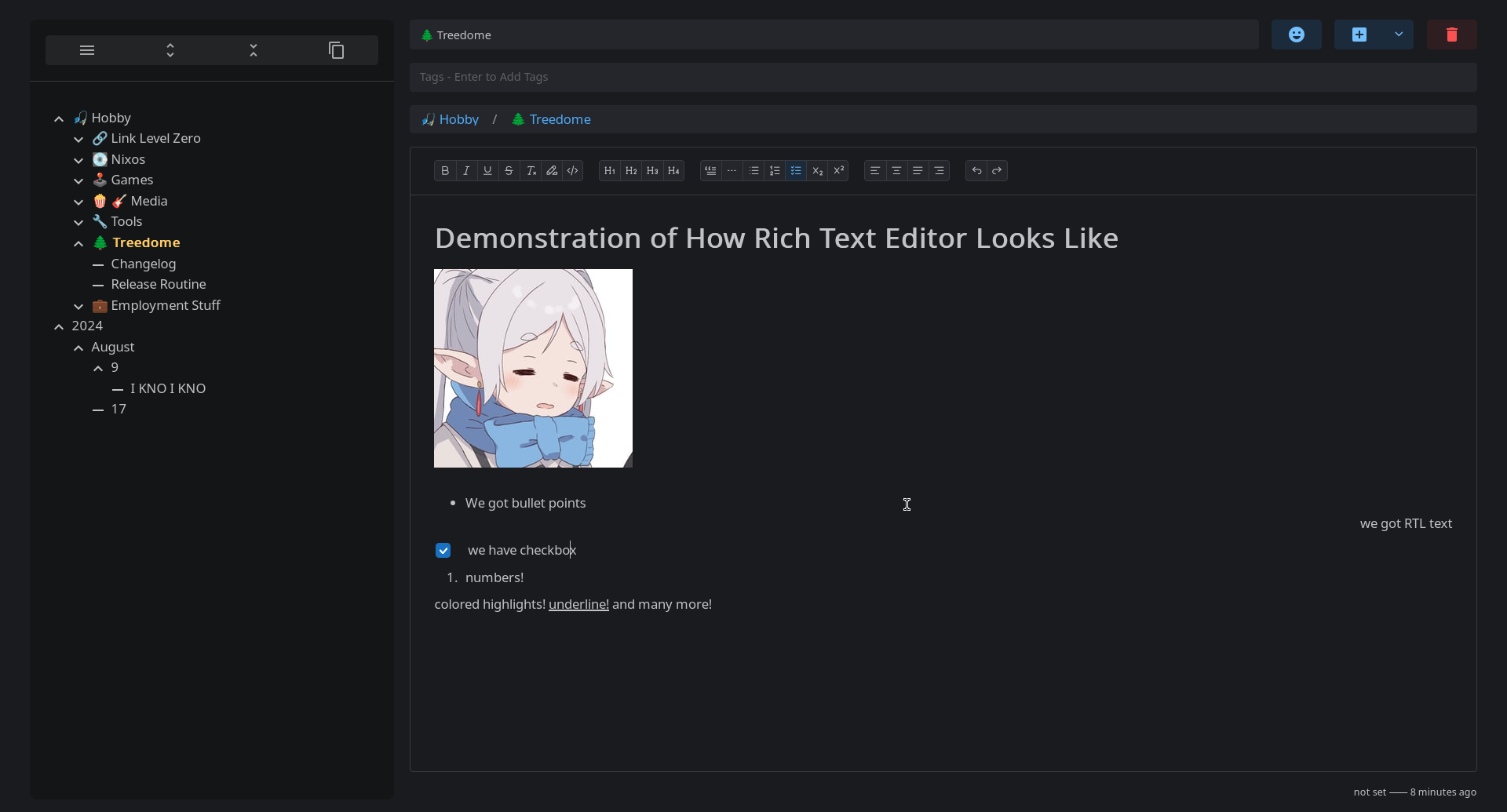Rust
5807 readers
122 users here now
Welcome to the Rust community! This is a place to discuss about the Rust programming language.
Wormhole
Credits
- The icon is a modified version of the official rust logo (changing the colors to a gradient and black background)
founded 1 year ago
MODERATORS
26
27
108
One Of The Rust Linux Kernel Maintainers Steps Down - Cites "Nontechnical Nonsense"
(www.phoronix.com)
28
29
30
31
32
33
34
35
36
37
38
40
41
42
43
44
45
46
47
48
49
50
19
Understanding Rust's Trait Objects: Vtables, Dynamic Dispatch, and Memory Deallocation
(www.eventhelix.com)
